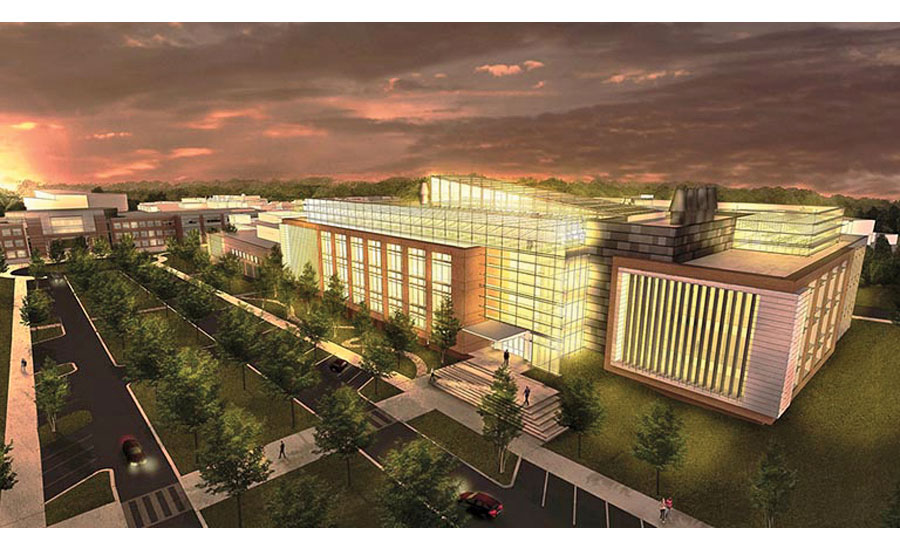By a roughly two-to-one margin, North Carolina voters on March 15 approved a $2-billion bond package that will fund improvements to public buildings and civil infrastructure systems across the state. Gov. Pat McCrory (R), who championed the Connect NC measure, praised voters for its resounding passage.
“North Carolina has sent a message to the nation that people can come together and work to pass a bond package that will benefit future generations,” McCrory said in a statement. Likely swaying voters’ approval was state officials’ promises that no new taxes or tax increases would be needed to fund the program.
Nearly half the $2-billion total, $980 million will fund construction projects at each of the state university system’s 17 campuses. Of that, $110 million, the largest single allotment, will help to pay for a new science building at Western Carolina University. Other major university projects funded by the bond program include: $105 million for a nursing-school building at the University of North Carolina-Greensboro; $90 million for a life-sciences and biotech building at East Carolina University; $90 million toward UNC-Charlotte’s planned science building; $75 million for a new engineering building at North Carolina State University; and $70 million for a health-sciences building at Appalachian State University.
The state’s 58 community colleges will split roughly $350 million in bond funding for “new construction, repairs [and] renovations,” according to the state’s Connect NC website.
The program also designates more than $309 million for water-sewer loans and grants for smaller cities and towns. Approximately $179 million is designated for “agriculture” spending, with $85 million going toward a planned $150-million-plus plant-sciences building at N.C. State University.
Projects could start moving forward quickly, says Dave Simpson, president and CEO of the Carolinas AGC, Charlotte. “I think you’ll see fast movement. The Legislature is going to want to see good progress. The construction industry can handle the work,” Simpson says.
Contractors may be increasingly challenged to find sufficient labor, adds Doug Carlson, president and CEO of the Associated Builders and Contractors’ Carolinas chapter, also based in Charlotte.
“Our biggest challenge is going to be finding craft workers, which is already a challenge,” Carlson says. Despite that continuing concern, he says contractors will find a way, adding, “It’s real exciting. We’re real happy with it.”




Post a comment to this article
Report Abusive Comment